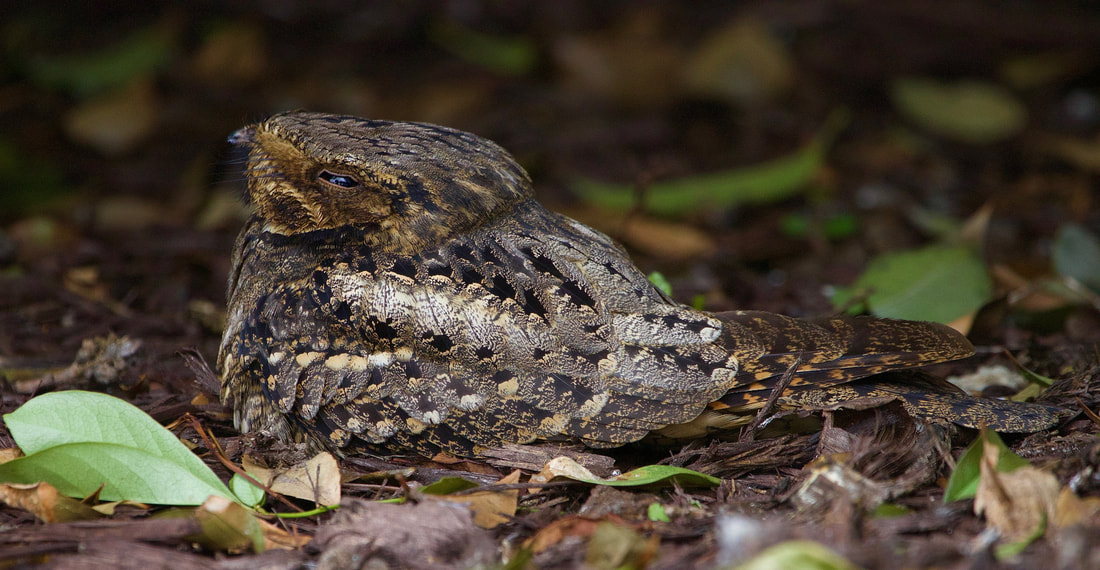|
By Lauren Bowman Clontz, Coastal Conservation Coordinator
Georgia’s birds face a number of challenges, ranging from habitat loss and degradation, collisions with structures, pesticide use, climate change, and more. Some of the most unique, secretive, and compelling of Georgia’s birds facing these threats are the nightjars. There are three species of nightjars in Georgia: The Chuck-will’s-widow, or “Chucks”, Eastern Whip-poor-will, and the Common Nighthawk. While all three of these species are worthy of conservation action and increased engagement, Georgia Audubon has chosen the Chuck-will’s-widow as our focal species for 2023-2025. A bird that is heard far more often than seen, the Chuck-will’s-widow sings out its namesake song across the Georgia landscape on late spring and summer nights. Very little is known about this elusive, nocturnal species, in part, because they are notoriously difficult to locate. Their mottled brown plumage provides perfect camouflage as they roost during daylight hours among dried leaves and tree branches. Despite their widespread nature across the state, little is known about what attracts them to various habitats. Learning the habitat preferences of Chucks will be key to figuring out how to make Georgia more hospitable for them in addition to lesseing well-known threats. Over the next few years, Georgia Audubon, in collaboration with multiple partners including the University of Georgia, hopes to help fill in some of the gaps about this species and create more suitable habitat to help these birds thrive. We will accomplish this by investing resources and expertise into restoring native habitat, assisting with Chuck-will’s-widow focused research projects, and engaging the public in order to gain a better understanding of statewide population numbers and migratory behavior. To encourage Audubon members and the public to become involved with community science and Chuck conservation, we are promoting the Nightjar Survey Network program run by the Center for Conservation Biology. While a robust nationwide program, there is currently little data being reported across Georgia. It is time we change this and do our part to help our secretive summer singer! Nightjar Surveys This spring, Georgia Audubon will begin coordinating nightjar surveys across Georgia. We are recruiting volunteers to conduct survey routes with the Nightjar Survey Network. These routes are conducted roadside by a personal vehicle and involve point-counts. Point count surveys are when an observer counts all birds detected by sight and sound while stationary at location during a specified amount of time. Nightjar Survey routes are standardized population counts consisting of 10 roadside stops/point counts. Each of the 10 roadside stops along a route are spaced approximately one-mile apart. When: Routes should be conducted on a clear, full-moon night during either of the following windows:
For additional information or to sign-up, please contact Lauren Clontz: [email protected]. Learn more about our species of concern on our website! Reporting Incidental Sightings is valuable, too Can’t quite find the time to commit to a formal survey but want to help? Do you occasionally encounter Chuck-will's-widow or one of the other nightjar species? You can still contribute valuable data on their abundance and distribution by adding your sightings of chucks and other birds to eBird. eBird volunteers If you are an eBird user, we would appreciate any effort you can put towards detecting Chuck-will’s-widows and their nightjar brethren. All you are asked to do as a volunteer is to go outside approximately 20 minutes after sunset and listen for the species distinctive calls. Birds generally begin calling about 30 minutes after sunset and continue until it gets too dark to see their prey but can call throughout the entire night. At the beginning of your search, either start a new mobile eBird checklist or take notes on date, time, and location so that your sightings can be submitted at a later time. Traveling, stationary, and incidental checklists all are valuable as is noting any and all species seen or heard. If you hear any nightjars and feel comfortable doing so, adding an audio recording to your list would provide extra value. During the breeding season, Chuck-wills-widows tend to favor open areas with sandy soils, open pine forest, oak woodlands, and the edges of swamps. However we lack robust data on this and they could be just about anywhere. You never know what you may find until you get out to look and listen! If you are new to eBird or need a refresher, visit their introduction webpage or email Lauren Clontz at [email protected].
0 Comments
Your comment will be posted after it is approved.
Leave a Reply. |
AuthorBirds Georgia is building places where birds and people thrive. Archives
July 2024
Categories |


 RSS Feed
RSS Feed

